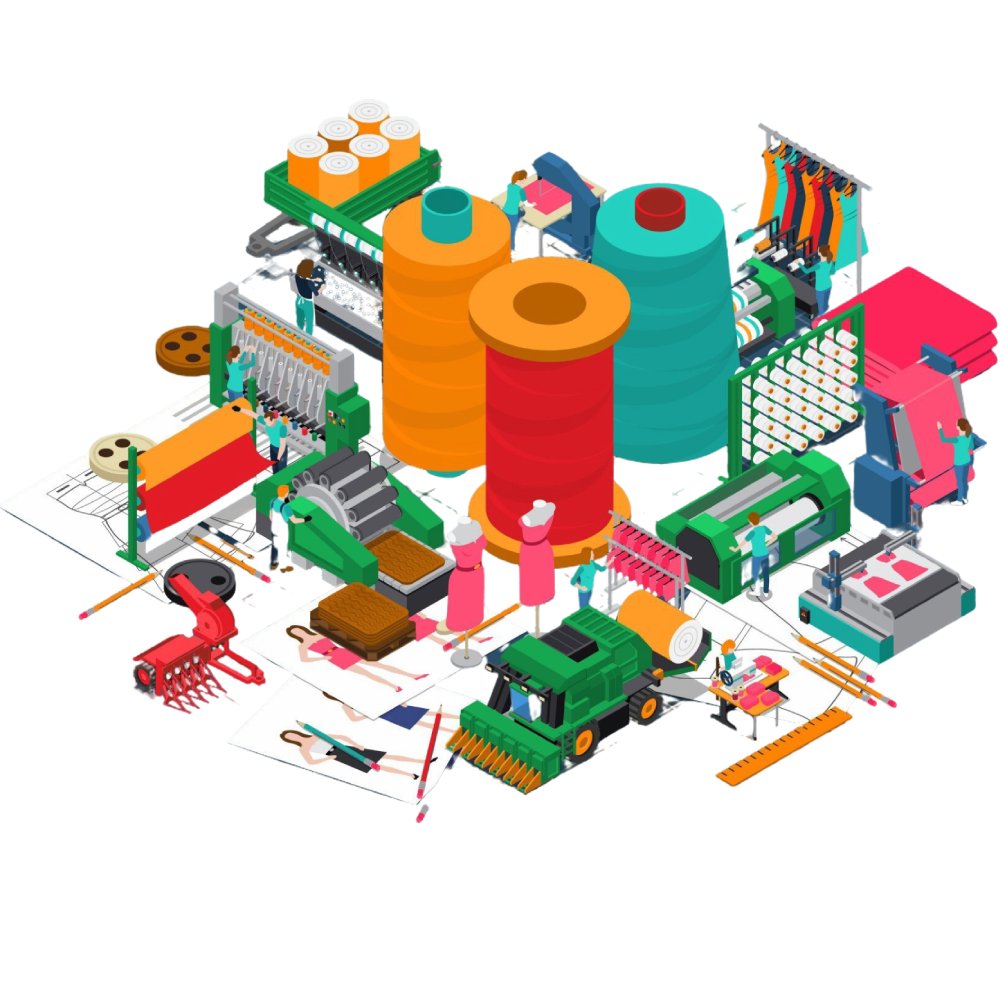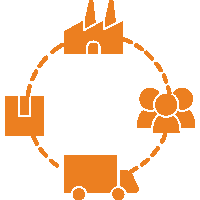Textiles & Apparel Logistics & 3PL Solutions
Agile 3PL for Fashion & Textiles – Seasonal Flexibility, GOH Handling, and Global Reach
Agile 3PL for Fashion & Textiles – Seasonal Flexibility, GOH Handling, and Global Reach
Geotic specializes in agile 3PL logistics for the textiles & apparel industry, ensuring you stay ahead of seasonal surges and evolving fashion trends. Our advanced inventory systems efficiently manage high SKU proliferation—sizes, styles, and colors—while optimizing storage. For premium apparel, we offer garment-on-hanger (GOH) handling to prevent wrinkles and preserve quality. We deliver value-added services like labeling, quality checks, repackaging, and custom packaging to enhance brand presentation. Equipped with global logistics expertise, we support international supply chains, customs clearance, and seamless e-commerce fulfillment


Quickly adapt to demand spikes tied to fashion cycles.

Efficiently track and store thousands of styles, sizes, colors.

Protect apparel quality and appearance in transit.

Enhance orders with labeling, QC, repackaging, and branding.

Smooth customs clearance and seamless international distribution.

Fast picking, packing, and returns for online fashion channels.

We reduced last-mile delivery delays by 30% and expanded to 5 new cities with Geotic’s flexible warehouse onboarding system.
Director of Supply Chain, D2C Apparel Brand

Geotic’s integration with our ERP gave us real-time control over inventory. Our order accuracy rate jumped to 99.8%.
Logistics Head, FMCG Company

We successfully onboarded a massive 60,000 sq. ft. warehouse in just 10 days—twice as fast as our previous provider’s timeline.
COO, E-commerce Electronics Retailer
